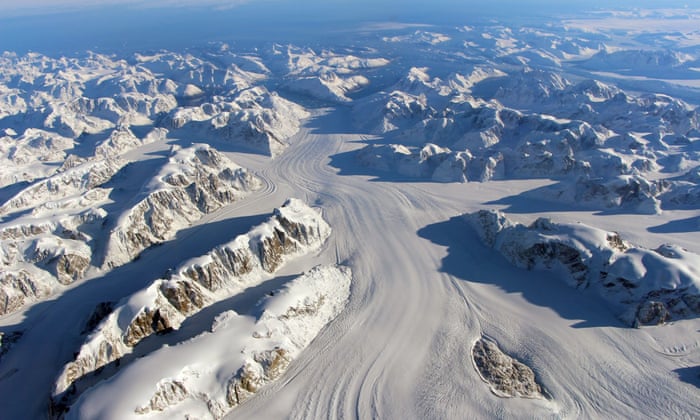 The impact of climate change may appear to be overwhelmingly negative but there is a bright spot for those who struggle to find enough time in the day: melting glaciers are causing the rotation of the Earth to slow thereby lengthening our days, new research has found.
The impact of climate change may appear to be overwhelmingly negative but there is a bright spot for those who struggle to find enough time in the day: melting glaciers are causing the rotation of the Earth to slow thereby lengthening our days, new research has found.
Harvard University researchers have provided an answer to a long-held conundrum over how shrinking glaciers are affecting the rotation and axis of the Earth, calculating that the duration of a day has lengthened by a millisecond over the past 100 years.
The brakes will be more sharply applied to the Earth’s rotation as glaciers melt at an ever faster rate, meaning that at least five milliseconds will be added to each day over the course of the 21st century. The axis of the Earth will shift too, with the north pole set to move position by about 1cm (o.4in) during this century.
The research, published in Science Advances, apparently solved a scientific puzzle known as “Munk’s enigma”, which came from a 2002 researcher paper by oceanographer Walter Munk, examining how the melting of glaciers had altered the Earth’s rotation and axis.
TVNL Comment: Longer days for shorter lives.....not a good tradeoff.





 The Trump Administration has dismissed the scientists working on the country's flagship climate report, a move...
The Trump Administration has dismissed the scientists working on the country's flagship climate report, a move... On a hot day, there’s nothing quite like a refreshing drink of water. But how would...
On a hot day, there’s nothing quite like a refreshing drink of water. But how would... A severe weather outbreak was possible April 28 in the upper Midwest, forecasters warned, the first...
A severe weather outbreak was possible April 28 in the upper Midwest, forecasters warned, the first...






























